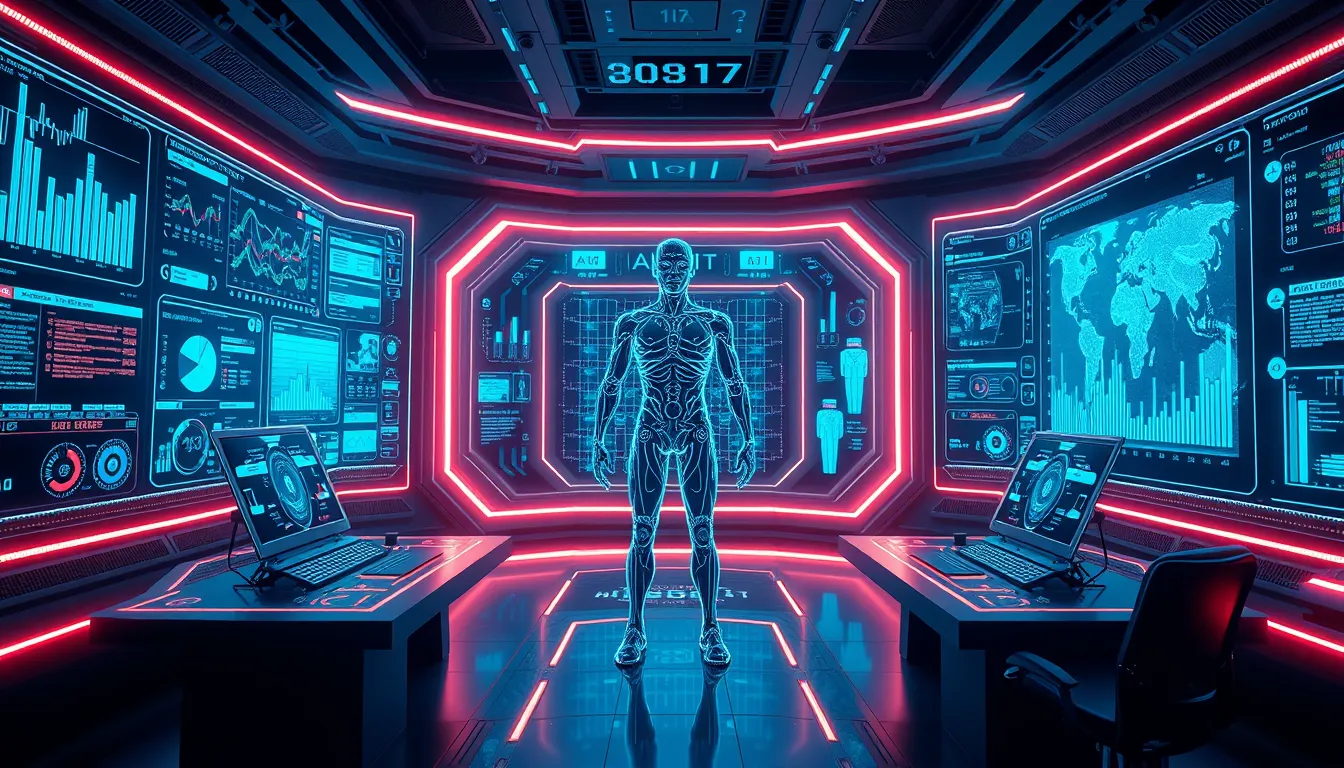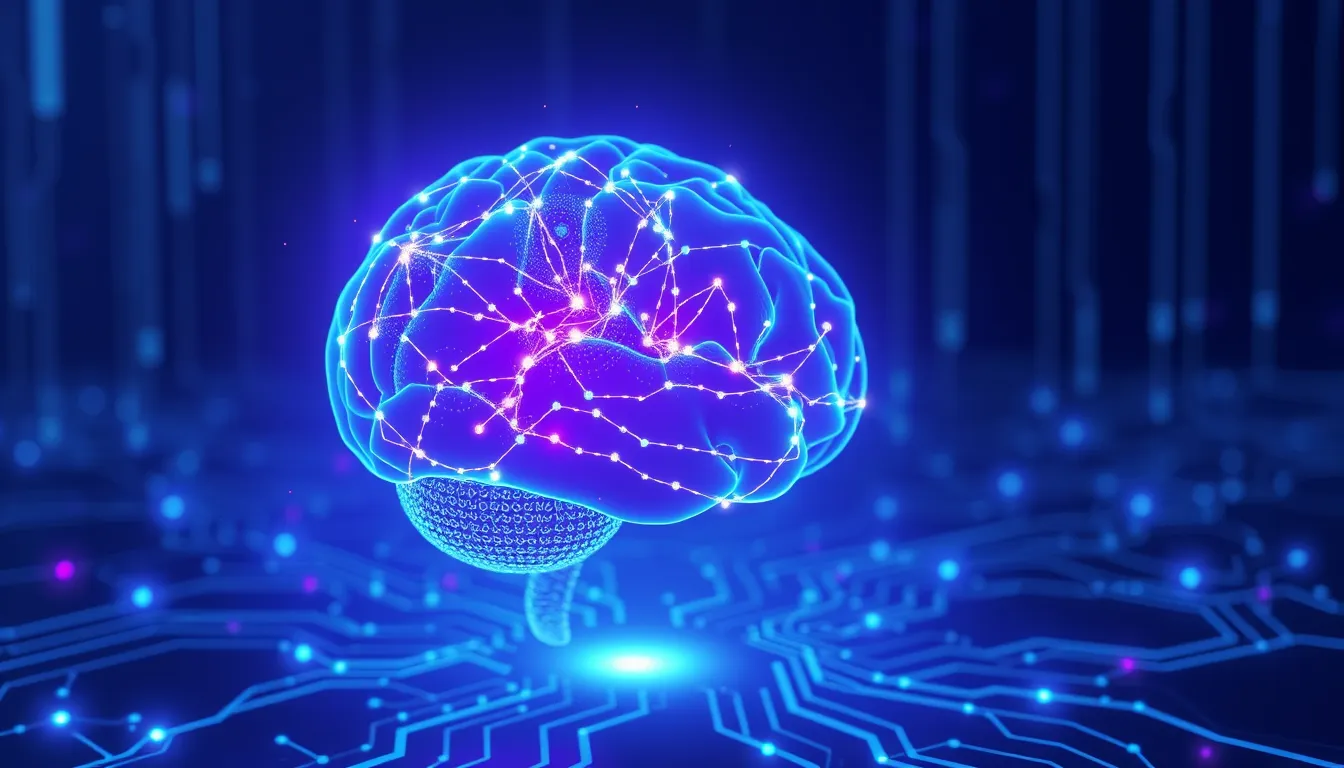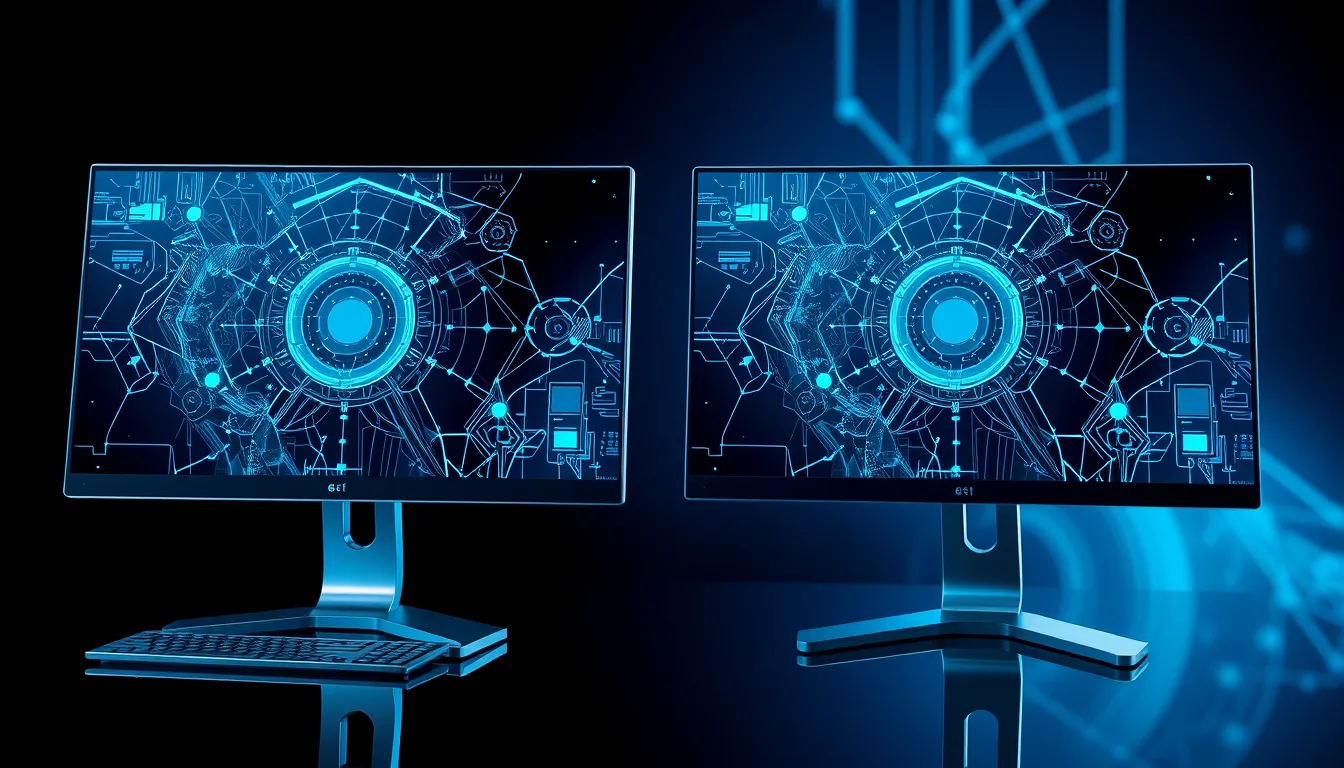Now Reading: Powerful AI in Healthcare Diagnostics: Boosting Patient Care
-
01
Powerful AI in Healthcare Diagnostics: Boosting Patient Care
Powerful AI in Healthcare Diagnostics: Boosting Patient Care

Powerful AI in Healthcare Diagnostics: Boosting Patient Care
Artificial Intelligence (AI) in healthcare diagnostics is transforming the medical field by providing unprecedented accuracy and speed in diagnosing diseases. In today’s rapidly evolving medical landscape, AI in healthcare diagnostics not only enhances the efficiency of testing but also improves outcomes by predicting disease progression. This article explores the positive impact of AI technology in diagnosing conditions, the benefits of AI medical imaging, and the innovations in AI disease prediction.
The Revolution of AI in Healthcare
Over the past decade, advances in machine learning and data analytics have paved the way for remarkable innovations. AI in healthcare diagnostics offers doctors robust tools to support decision making in critical moments. This technology simplifies complex procedures, allowing for faster and more accurate results. In addition, its impact on patient care enhances the effectiveness of treatment plans.
Key Advantages of AI in Healthcare Diagnostics
- Enhanced Diagnostic Accuracy: AI algorithms analyze medical imaging with exceptional precision, reducing human error and ensuring quicker detection of anomalies.
- Rapid Processing of Complex Data: Systems powered by AI can efficiently process vast amounts of data from patient records, which supports prompt and informed decisions.
- Predictive Analytics: With predictive modeling, doctors can forecast potential health issues and intervene earlier, ultimately saving lives.
- Customized Treatment Plans: AI in healthcare diagnostics enables personalized medicine by identifying individual patient patterns and customizing interventions accordingly.
How AI Improves Diagnostic Accuracy
A critical aspect in modern medicine is how AI improves diagnostic accuracy. AI in healthcare diagnostics leverages deep learning algorithms to review medical imaging like X-rays, MRIs, and CT scans. By comparing newly acquired images with historical data, software can flag subtle changes that might be overlooked by the human eye. Research from reputable institutions such as the National Institutes of Health (NIH) validates these findings, reinforcing confidence among medical professionals.
Furthermore, AI solutions are not limited to imaging; they are also used for analyzing genetic information and laboratory test results. This integration of data leads to more accurate and early diagnoses, facilitating improved patient outcomes.
Addressing the Challenges
- Data Privacy and Security: With sensitive health data in play, ensuring robust cybersecurity measures is vital. Concerns regarding data breaches must be managed with stringent protocols.
- Integration into Existing Systems: Hospitals and clinics may face difficulties in merging advanced AI systems with traditional diagnostic tools. A phased integration approach is recommended to address these issues.
- Regulatory Hurdles: Countries and healthcare regulatory bodies are continually updating policies to keep pace with evolving AI technology. Collaboration between technology providers and regulatory agencies is essential to foster an environment of safe innovation.
Emerging Trends and Future Outlook
Looking forward, the future of AI in healthcare diagnostics is promising. Continuous improvements in AI algorithms, increasing computing power, and greater access to big data are key factors driving this innovation. The technology is expected to become more integrated with telemedicine, allowing remote diagnosis and consultation. Moreover, as AI systems learn and update, diagnostic tools will become more adaptive and personalized, offering specific insights catered to each patient.
The ripple effect of these enhancements will be visible in various aspects of healthcare:
- Reduced Healthcare Costs: Efficient diagnostics shorten hospital stays and limit unnecessary expenses.
- Improved Patient Experience: Quicker and more accurate tests lead to better treatment outcomes, reducing stress and uncertainty for patients.
- Accelerated Research: Enhanced data analytics translate into advanced research opportunities, propelling the development of new therapies and drugs.
Conclusion
In summary, AI in healthcare diagnostics is not merely a technological advancement—it represents a paradigm shift in how healthcare is delivered. With its ability to enhance diagnostic accuracy and streamline medical processes, AI is paving the way for a more efficient, accurate, and patient-centered healthcare system. Embracing these advancements, supported by stringent data privacy protocols and collaborative regulatory oversight, will ensure that the benefits of AI continue to expand. As the integration of AI into healthcare evolves, both medical professionals and patients stand to gain from more effective, personalized care solutions. The potential of AI in healthcare diagnostics is enormous, promising a future where early disease detection and precision medicine become the standards of care.

























